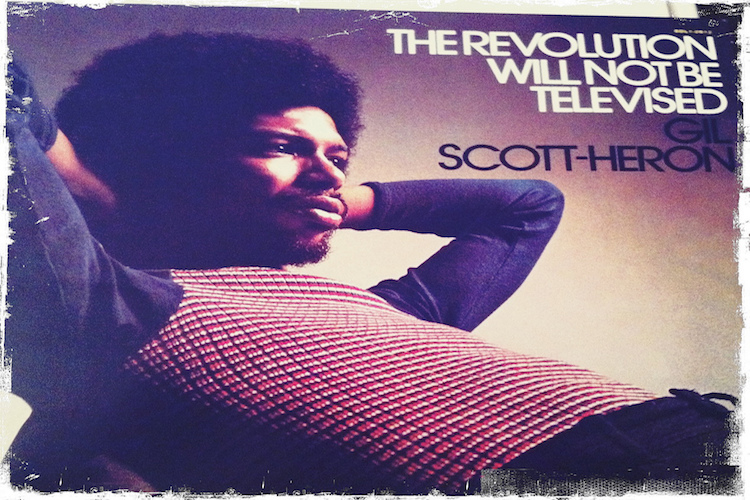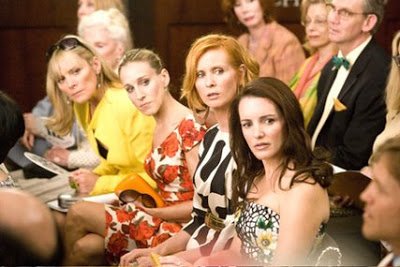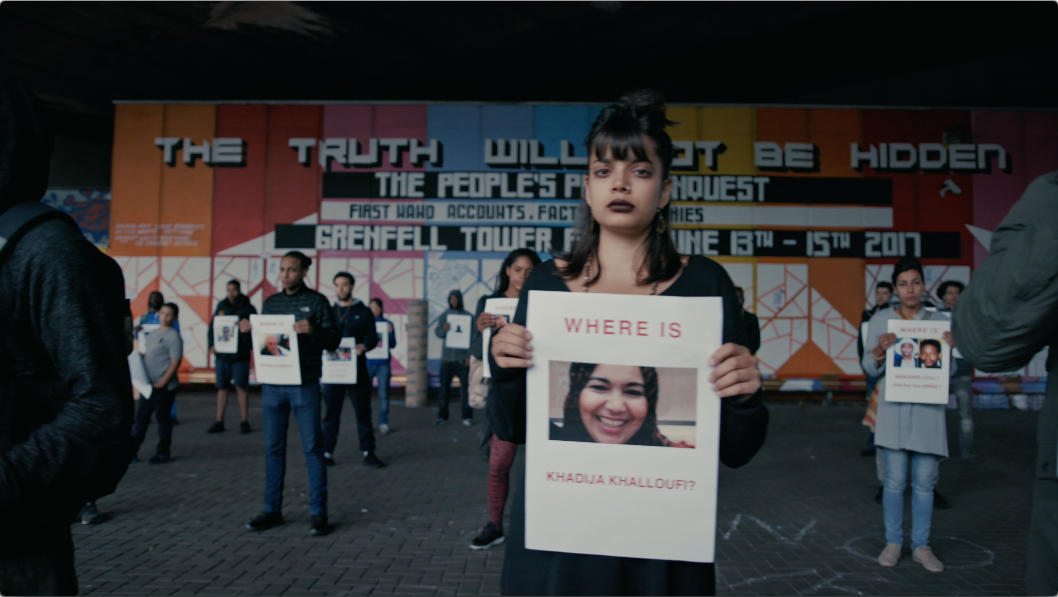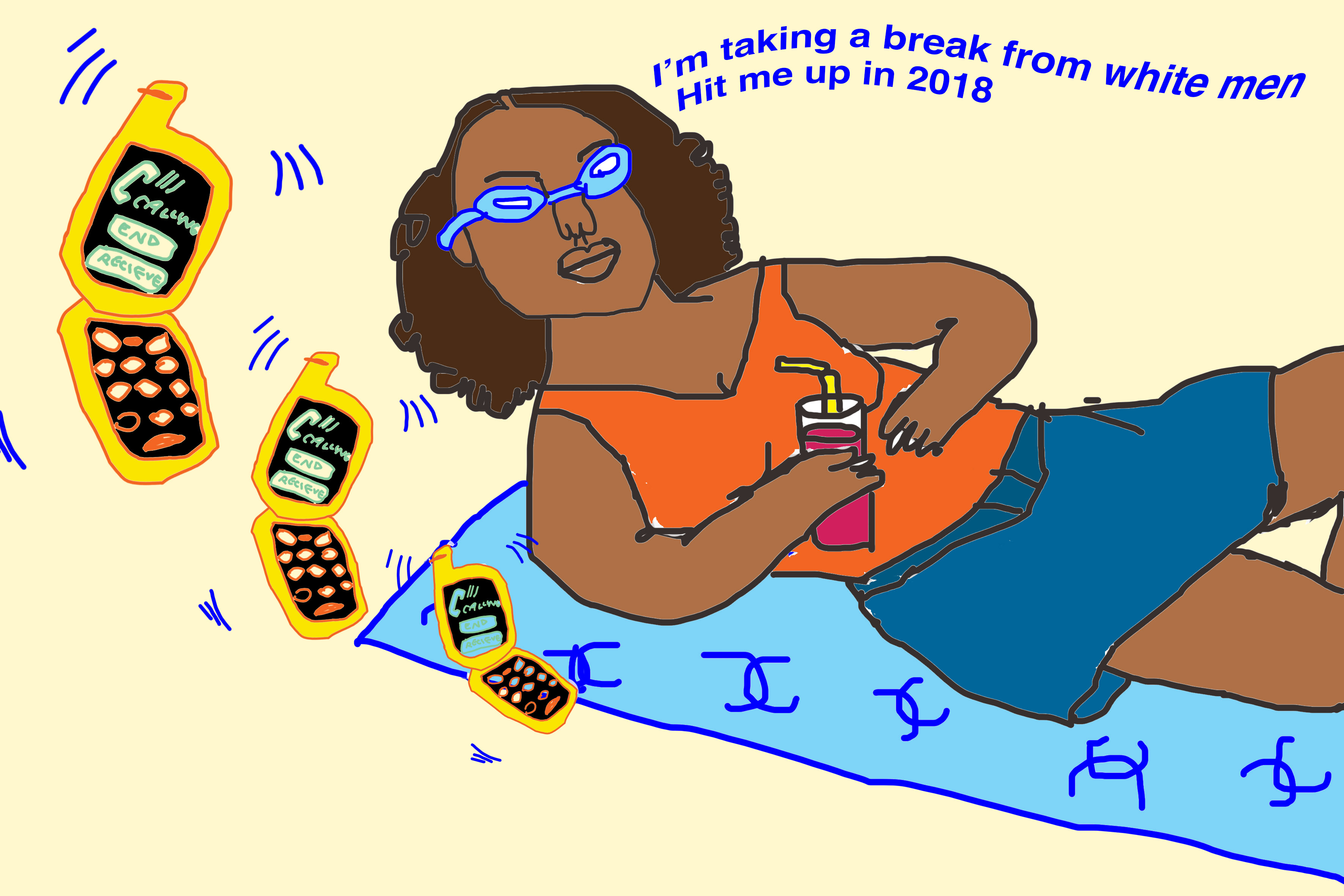
I’ve always found the relationship between music and politics intriguing – this is exactly the reason why I’m exploring 80s British music as a form of political expression for my university dissertation.
Sadly, the more I read around the topic, the more I question the state of music today and whether it still has as much political relevance as it has had in the past. Those of us who grew up listening to the occasional cheesy pop might cry out: does it matter if music doesn’t serve a wider purpose than superficial enjoyment? It begs the question: to what extent does this art form owe us substantial depth?
Throughout history, there have been countless examples of brilliant mainstream music that has mirrored society and politics of the time. It would be impossible not to mention Gill Scott-Heron. He falls in the family of other immensely talented musicians such as Curtis Mayfield and Peter Tosh, who used the power of music to push for awareness of societal discrimination.
Released in 1974, Winter in America is one of Gill Scott-Heron’s most notable albums in doing so. With classic tracks ‘The Bottle’ and ‘Back Home’, the album touches upon numerous issues, such as urban deprivation, drug abuse and black power. His music was treasured by the marginalised youths at the time, as it was blunt, raw and powerful in its political stance. He had strong affiliations with the anti-apartheid movement and was also outwardly anti-nuclear, as evident in the song ‘We Almost Lost Detroit’. Scott-Heron was a man of many talents. Not only was he a musician, but he was well known for his poetry, spoken word and involvement as a civil-rights activist. Music was one of the many ways in which he influenced the masses on contemporary social issues.
Another socially conscious band (and a personal favourite) is The Specials, who wrote the hugely influential track ‘Nelson Mandela’. Like Scott-Heron, The Specials AKA were moved by the anti-apartheid movement. Especially because the Thatcher government at the time famously described Mandela’s party, the African National Congress, as a ‘terrorist organisation’.
With lyrics “His body abused but his mind is still free/ Are you so blind that you cannot see?/ I said free Nelson Mandela”, the 1984 hit was a controversial track at the time. Yet, Specials founder Jerry Dammers was able to produce such a piece of political music thanks to the punk era which questioned, attacked and rebelled against government policies. The track made top 10 in the UK and even went to number one in New Zealand. It was a worldwide hit and was used to shape momentum against the apartheid.
Likewise, the 80s American hip-hop scene was dominated by Public Enemy, Boogie Down Productions and Immortal Technique, who brashly rapped about class struggles, institutional racism and police brutality across America. This was what the masses were listening to at the time.
This hip-hop heritage makes it refreshing to see the likes of Akala and Lowkey using hip-hop to educate listeners. I’ve seen Akala on numerous occasions and there’s a reason he’s such a prominent public figure – he’s a truly refreshing artist on the scene. He is passionate and eloquent, and he pushes for all the right causes.
Indeed, it would be unfair to suggest that only artists from the past are the ones who have created real thought-provoking music. There are a number of current musicians who are using the power of being in the public eye to their advantage. Promoting political awareness through their lyrics are Lowkey, Riz MC and Akala. These three British rappers overlap in holding anti-Zionist views and they specifically focus on British government actions.
In 2006, Riz MC released ‘Post 9/11 Blues’ which he describes as ‘an observational satire about the surreal circus of fear at that time’. Interestingly, the song was banned from many radio stations. Despite what we may believe about the UK championing freedom of speech, there are tighter controls and regulations on what mainstream radio stations choose to play in contrast to what was played during the 70s and 80s. This begs the question: as a society, have we become too politically sensitive?
Lowkey and Akala both attempt to move hip-hop and rap away from focusing on the tropes all too common in these types of music videos: girls, cars, and money. Of course, not all hip-hop and rap features such tropes, but it can’t be denied that there has been a decline in the production of conscious hip-hop, which challenges all cultural aspects of society.
A song which recently grabbed my attention was Kate Tempest’s ‘Europe is Lost’. Released just three months ago, the song was blunt, emotional and brutally honest. Tempest touched upon the problems of modern day living and mainstream culture. She also rightfully cites that people need to get more involved with politics, especially while we’re witnessing a huge refugee crisis. She implies that society needs a reality check – maybe one that’s long overdue?
Don’t get me wrong; not all music has to evoke political or social awareness. Music can be produced for pure enjoyment, with no hidden agenda of underlying messages. Many say that dance music and culture is hedonistic which often has negative connotations. However, as a listener, it’s important to realise that this type of music still requires skill and ability in its production. To undermine its contribution to the music domain is unfair.
Yet, I can’t help but believe that the deep connection between music and socio-political awareness present throughout history seems to be lacking in recent years. It’s true, music doesn’t always need to have a political output, but I find it a real shame that the music of today hasn’t fulfilled this potential.
In a globalised world, music is quite literally at our fingertips – access to it is easier than ever. Surely this means that less effort is required to transmit important messages. Perhaps, people have become lazy and are enticed by easy music that lacks substantial depth. There is still music being produced that gives a voice to the marginalised – we might just need to search a bit harder to find it.









